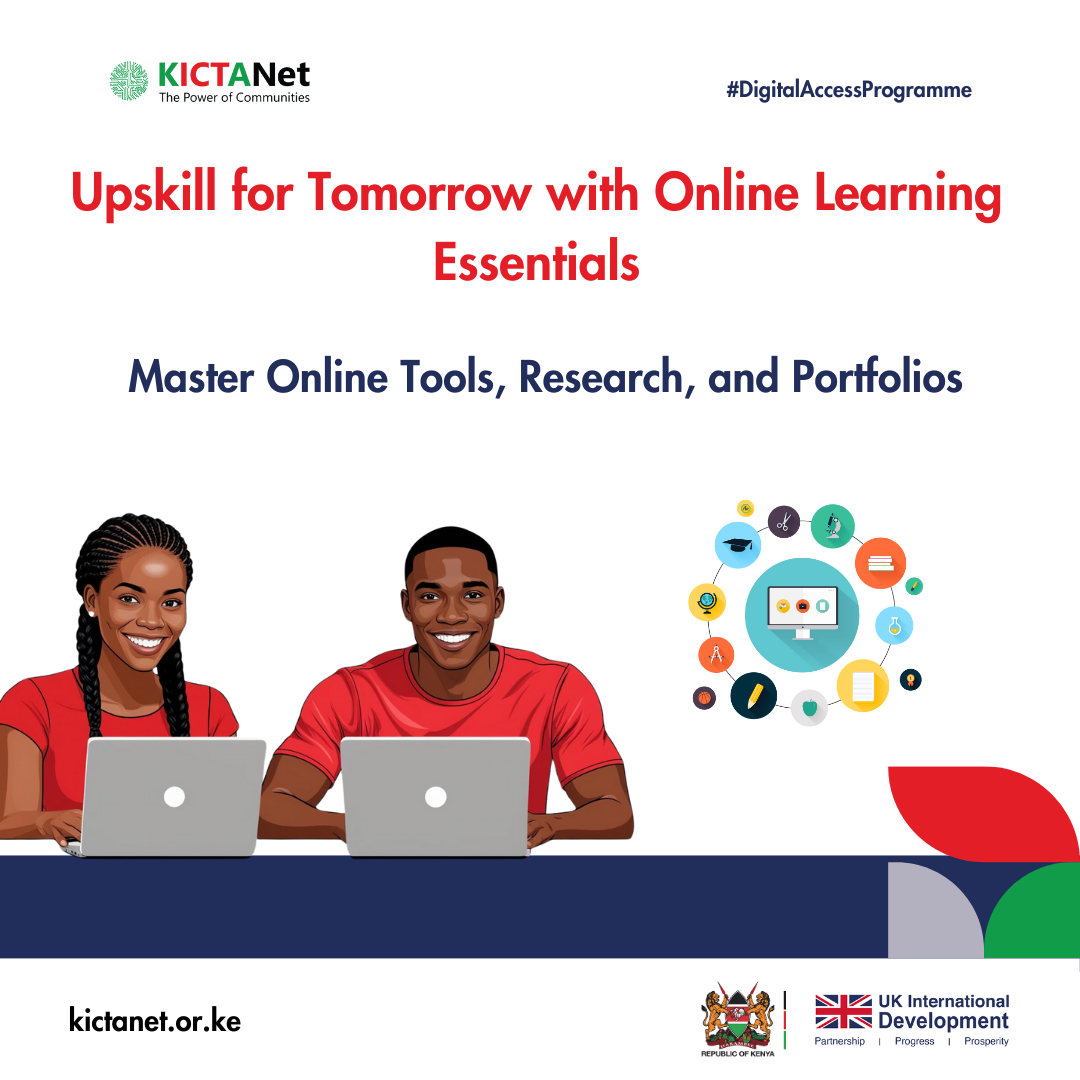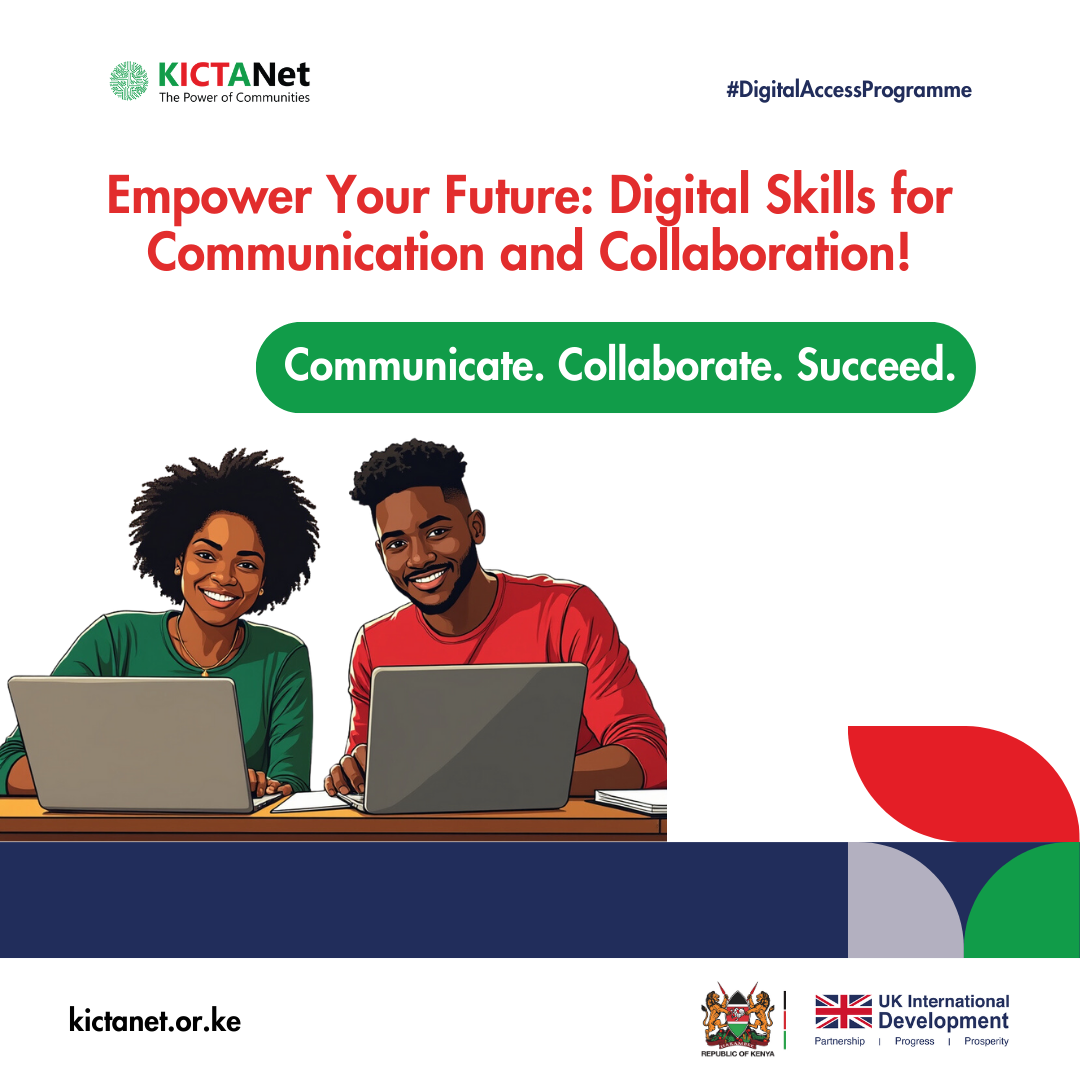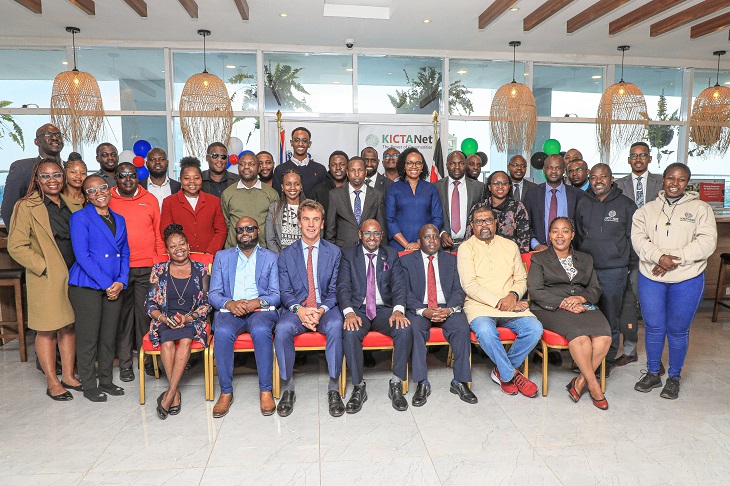The world is sprinting towards a digital future, but for many marginalized Kenyan communities, the race hasn’t even begun. Picture a child in Mandera, armed with curiosity but limited by chalk and blackboards.
Imagine an entrepreneur in Turkana, bursting with ideas but shackled by a lack of online resources. The digital divide isn’t just about missing out on the latest TikTok trends—it’s about access to knowledge, economic opportunities, and a better quality of life.
This is why initiatives like the recent donation of 150 new computers to Mandera County by KICTANet, in partnership with the UK Government under the Digital Access Programme, are not just commendable—they are transformative. Digital access is no longer a luxury; it is a necessity, a bridge to a future where no Kenyan is left behind.
The Digital Blackboard of the 21st Century
In many marginalized communities, students face an uphill battle against limited educational resources. Digital access brings global libraries, virtual classrooms, and online courses right to their fingertips. With computers in Mandera, students can now interact with digital learning tools, access up-to-date materials, and even participate in online mentorship programs. The days of outdated textbooks and limited learning materials could soon be behind them.

From Local Hustles to Global Markets
For small businesses and entrepreneurs in rural Kenya, digital access is a game-changer. The Internet offers a gateway to e-commerce, digital marketing, and financial inclusion. A farmer in Wajir can now access weather forecasts, market trends, and online customers, increasing productivity and profits. Young innovators in Mandera can learn coding, graphic design, and digital skills that open doors to remote jobs and freelance opportunities, leveling the playing field with their urban counterparts.
Healthcare: Telemedicine and Digital Solutions for Better Well-being
In regions where medical facilities are scarce, digital access can be the difference between life and death. Telemedicine allows patients in remote areas to consult doctors without traveling hundreds of kilometers. Health workers can access medical databases, improving diagnostics and treatment. With the right digital tools, a mother in Marsabit can receive prenatal care advice without leaving her home, and an elderly patient in Garissa can get medical assistance with just a few clicks.
Amplifying Voices That Matter
A connected society is an informed society. Digital access allows marginalized communities to engage with governance, access important information, and participate in national discussions. Social media platforms and online forums enable youth in underserved areas to voice their concerns, advocate for change, and connect with policymakers. In an era where decisions are increasingly made online, digital inclusion ensures that no community is rendered voiceless.

Breaking the Isolation Barrier
For many in remote areas, digital connectivity is a lifeline. It connects families separated by distance, provides entertainment, and fosters a sense of belonging. With better internet access, people can report emergencies faster, access crucial information, and even combat misinformation. A digitally connected community is a safer, more informed, and more socially engaged one.
The Digital Future Must Be Inclusive
The donation of 150 computers to Mandera County is a step in the right direction, but it is just the beginning. For Kenya to truly thrive in the digital age, we must ensure that every corner of the country—no matter how remote—has access to the tools and resources needed to participate in the global digital economy.
Digital inclusion is not charity; it is an investment in the future. The more we empower our marginalized communities with technology, the more we unlock Kenya’s potential as a nation. It’s time to close the digital divide and open doors to endless possibilities.
The question is no longer why digital access is important—the real question is, what are we waiting for?
Related Content: KICTANet And UK Hands Over 150 Brand New Computers, Valued At Ksh 15 Million To Mandera County

